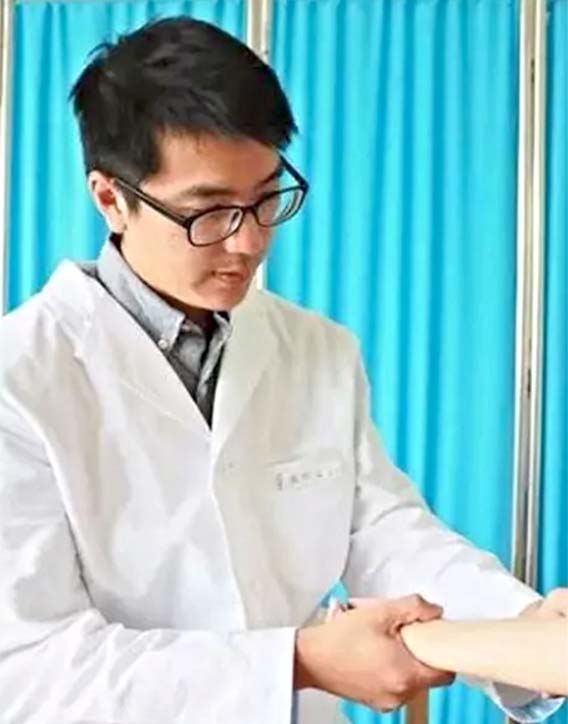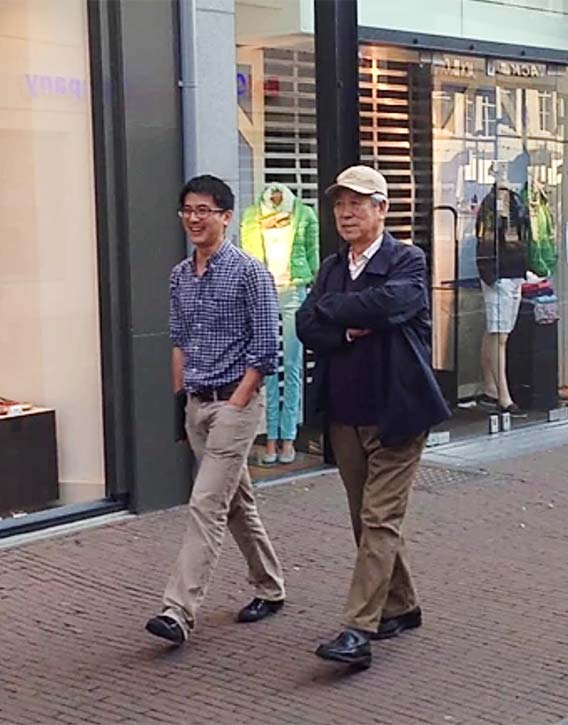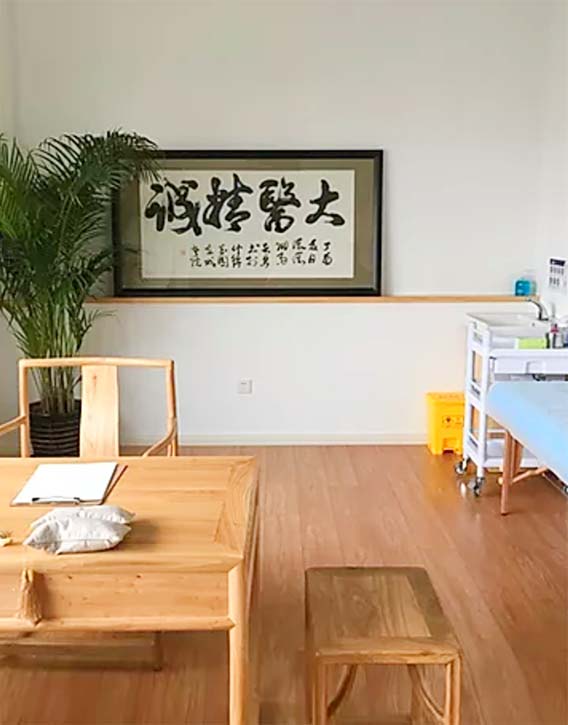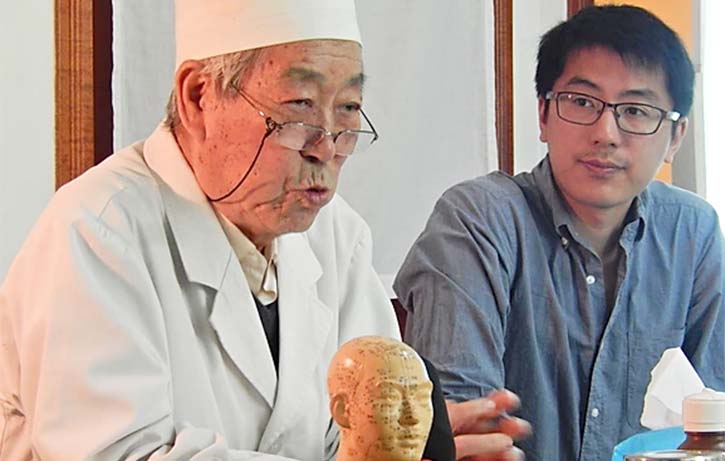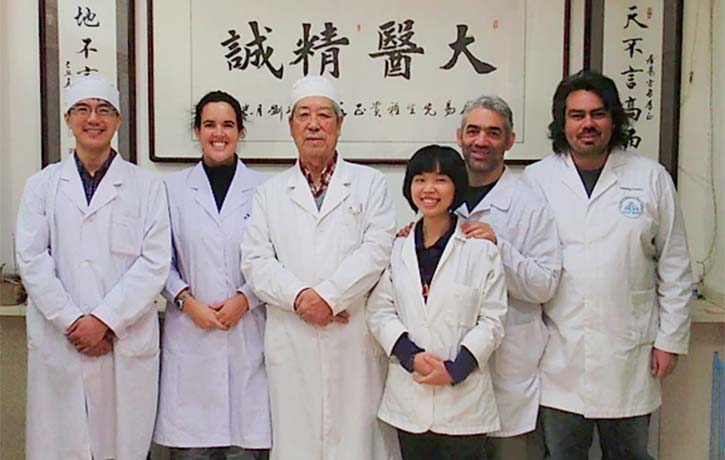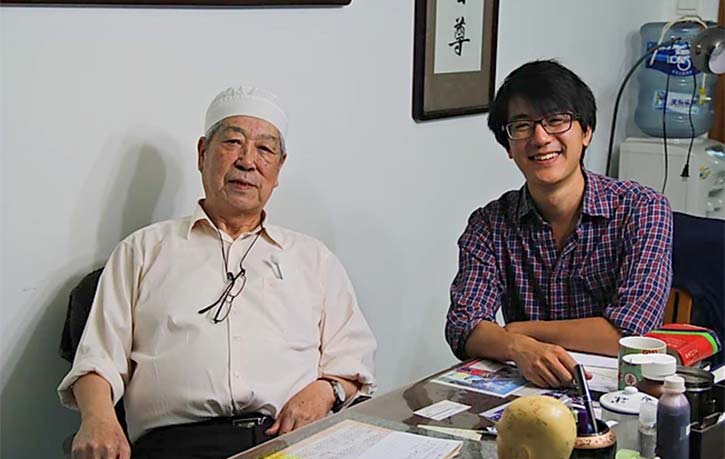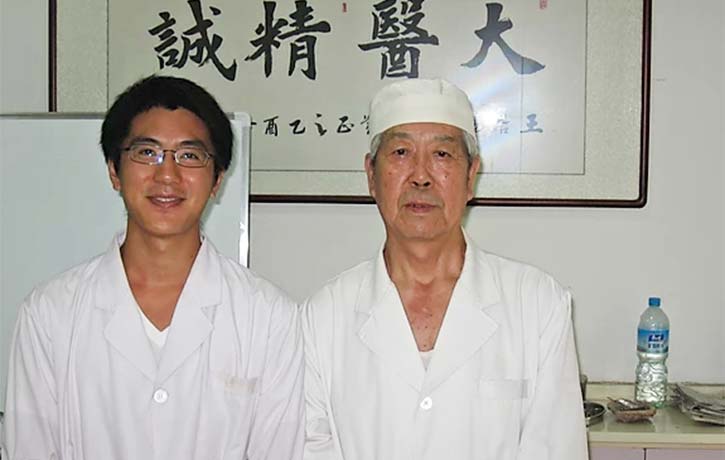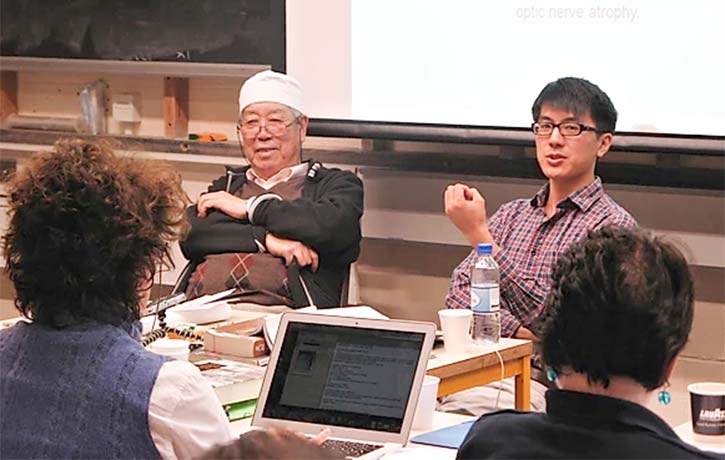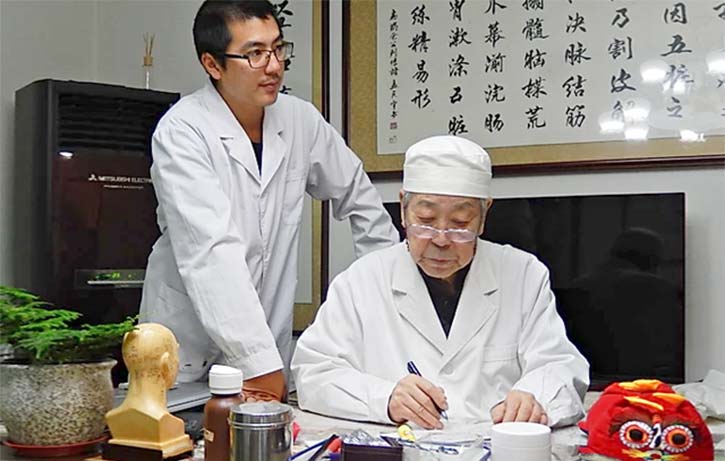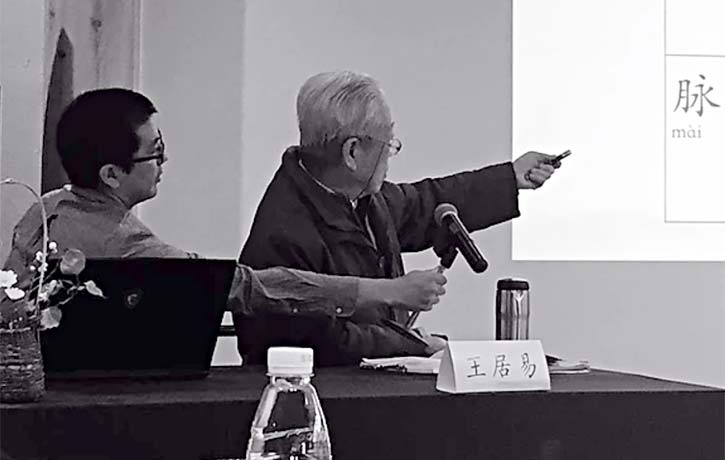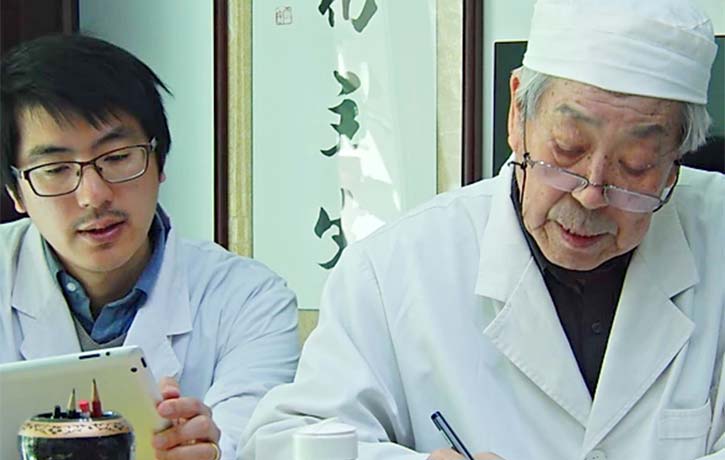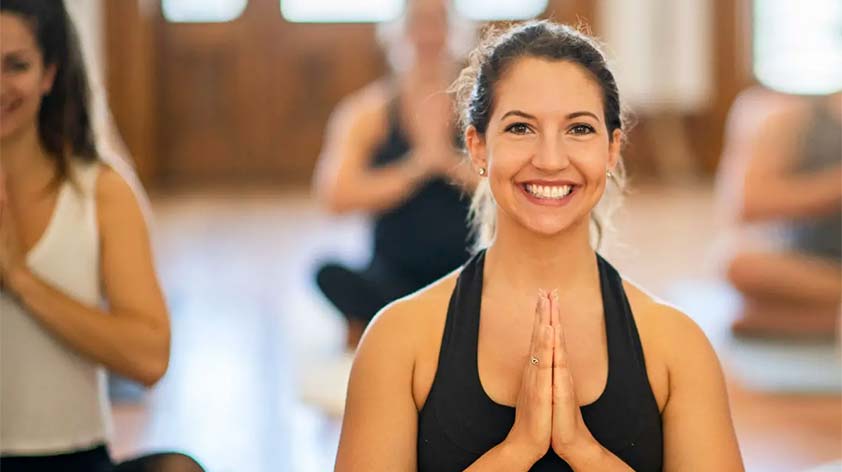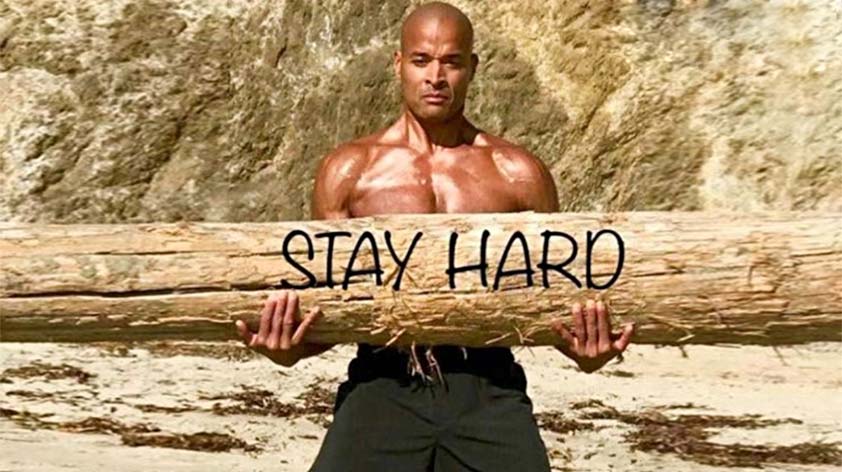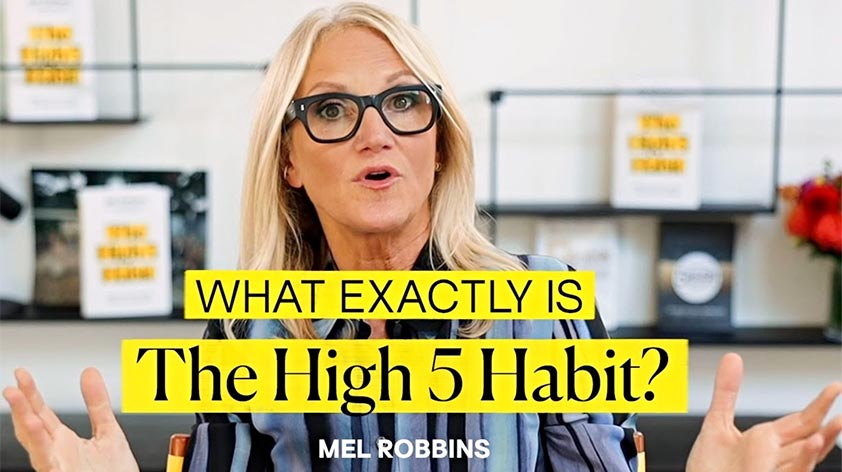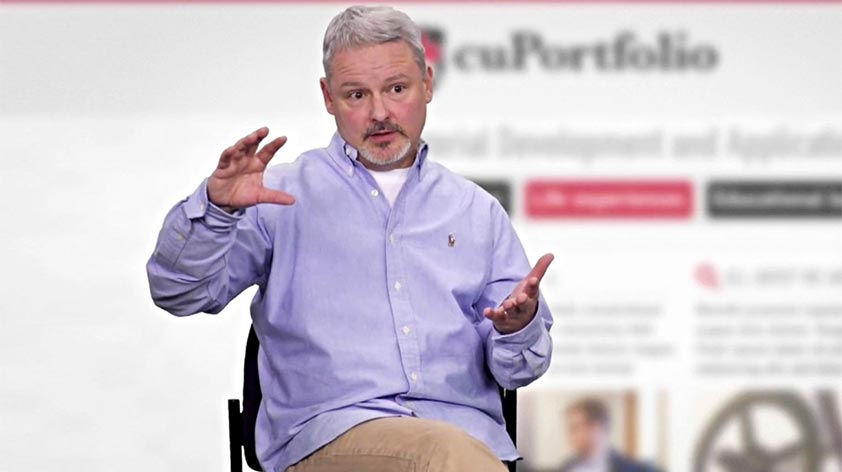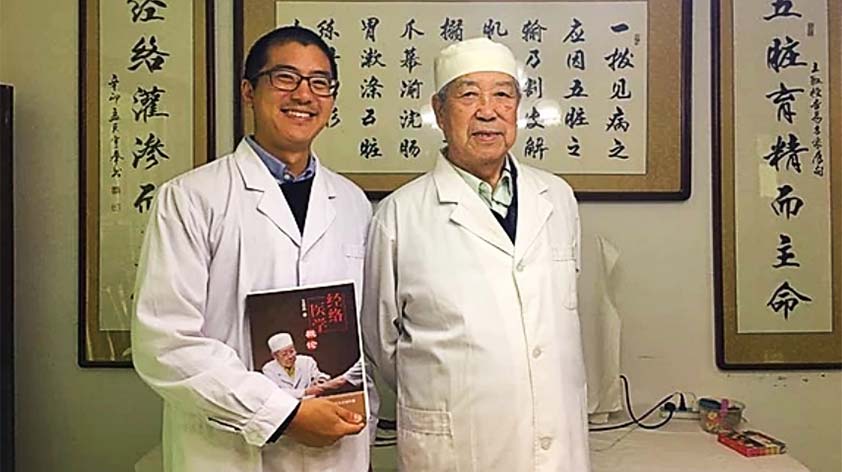
Jonathan Chang is a licensed Traditional Chinese Medicine (TCM) doctor in Beijing, China. He studied under the renown late Doctor Wang Ju-Yi of Beijing, who, with over 50 years of clinical experience, developed ‘The Applied Channel of Theories System’. Jonathan has a particularly interesting and wide perspective on the world of medicine, as his father is a practicing western doctor in Canada, and Jonathan, himself is a practicing Chinese doctor in China.
Having grown up in Canada, he is no stranger to western customs and viewpoints on health and medicine. I feel that we are particularly lucky to have found Jonathan, as someone with a depth of knowledge of medicine from both east and west, therefore possessing the ability to compare and contrast the two. This gives us some key insights and an overall idea of the differences between Chinese and western medical practices. Read on for, Traditional Chinese Medicine: An Interview with Doctor Jonathan Chang!
Hello Jonathan, we hope you’re well! It’s great to meet you at your practice here in Beijing, China. Welcome to Keep Fit Kingdom and thank you for taking some time out to talk with us.
You’re welcome!
Background
Great. So, can you tell us a bit about yourself and your background?
Well, I’m originally from Canada. I was born and raised in a town outside of Toronto and I came to China in 2002 after I finished university. Originally I came here to learn the Chinese language and travel around, however I got more and more into Chinese culture and eventually got into Chinese medicine, so I studied Chinese medicine in Beijing. Growing up in Canada, my brother and I were always kind of a minority at school, being of Chinese descent, so there was always a desire to get back to my roots.
- Dr Jonathan Chang in clinic
- Jon takes a walk with his teacher Dr Wang Ju Yi
- Feng Shui influence at the clinic
Which University did you study at in Beijing?
Eventually I started getting interested in Chinese medicine, and actually I first met my teacher, Wang Ju-Yi, back in 2006. He was the one who got me more interested in Chinese medicine and considering it as a possible profession. He recommended that I go to the Beijing University of Chinese medicine, one of the main Chinese medical universities in Beijing.
Becoming a Chinese Doctor
How long did you have to study to become a fully qualified Chinese doctor?
Well, I don’t know what it’s like in England, but in Canada if you want to study western medicine you have to first do an undergraduate degree and then you apply for medical school. But, in China you go straight into Chinese medical university from high school, so the undergraduate program is five years.
Also, in China, where there is a lot of competition, especially in big cities like Beijing, people usually end up doing further studies like a Master’s degree or PhD afterwards. But for me, being a foreigner here, my main focus was just to do an undergraduate degree. Then, to get the medical license we had to do an additional internship in a hospital for one week and also complete a licensing exam.
That’s a long time and a lot of studying, hard work!
Yes, I didn’t know what I was getting myself into!
The Renown Teacher: Doctor Wang Ju-Yi (Beijing, China)
You mentioned that you studied with a famous Chinese doctor, could you tell us a little about him?
My teacher’s name was Wang Ju-Yi. He was born in 1937 in Beijing. He was a very brilliant practitioner, he was one of those rare kind of doctors in Chinese medicine who was a combination of both a scholar and a very experienced clinical practitioner.
In Chinese medicine, the philosophy is very important, but to actually understand the philosophy you need to have experience to test the theories and figure them out. Wang Ju-Yi was an excellent doctor, over his 50 years of clinical experience, he developed “the applied channel of theories system”, which attempts to recover the traditional ways of diagnosis and treatment according to the acupuncture channels. It’s kind of a lost art, in the sense that it focuses more on the meridians of the body. It might be a bit abstract right now. (Laughs)
Getting to the Point with Acupuncture
It’s very interesting. In England we have a few acupuncturists but it’s not that common, people would rather take other kinds of medications and therapies. It would be interesting to know more about acupuncture.
So, there are a lot of different schools of thought. In the actual Chinese medical field there are different approaches to using acupuncture, so if you go to different practitioners each one may have integrated different systems. In general, if you go through the typical education system, there is a fundamental theory to study. If you go to acupuncture school, you have to understand where the different points are located, their functions and what they stimulate.
Actually, I have tried acupuncture. Is it true that if you hit different points that it can heal different parts of the body?
Yes, each point has its own specific function, some are for draining or clearing heat, while others might be used more for toning or purifying the body. In acupuncture we have 12 main channels that each connect to a different organ. We have the lung channel, the stomach channel, the spleen channel, the liver channel and more. For example, if you have constipation, we can utilise the stomach channel to treat that, there are certain points along the stomach channel that you can ‘needle’ (acupuncture).
About Chi (‘Qi’) or Life Force
The secret to good health is the balancing energy! Could you tell us about Qi – (chi) or life-force energy?
That’s a very complex subject! For a long time, the concept of Qi was something very difficult to understand. Coming from Canada and growing up with a more scientific background, it was very difficult for me to understand the concept.
Maybe you could put it in simple terms so that people from the UK for example (who don’t know much about it) can understand?
Sure. In Chinese medicine, how we understand the body is different. Usually if you ask an acupuncturist “what do the different points do?”, they will say that they regulate the Qi and blood in the body. We say that Qi is without form, it’s kind of like an energy that moves things, whereas blood is obviously a fluid form. This is like yin and yang too, we say that yang is warmer in nature and moves things, whereas yin is colder. The two are inseparable, they need one another, just like for blood to move we need energy to move it. You could say that this energy is like oxygen, for example, the heart pumps right? Well that energy, the forceful pumping of the heart moves blood like a form of energy.
- Learning from leading acupuncturist Dr Wang Ju Yi
- Dr Wang Ju Yi Jon and TCM team
- A pleasant moment between master and student
The Yin and Yang of Health
Can you tell us a bit more about Yin and Yang?
Yin and yang need to be together balanced and in harmony. Sometimes, we say that within yin there’s yang and vice versa, just like that tai-chi circle symbol we often see.
Throughout the day, the amounts of yin and yang in the body varies. When you wake up, the yang starts to rise and by midday yang is at its peak. The same is true for yin, except it is more abundant at night and less so during the day. There is a constant fluctuation between the two. Also, remember we said that yin is fluid in nature and yang is the energy that warms things? Well in order for the yin fluids to move, they need yang to move it. The yin helps to nourish the yang too, so they are beneficial to one another.
So, if either yin or yang is too low for instance, how would the body be affected?
Well, there can be a yin and yang imbalance in the body due to a variety of factors such as lifestyle habits, diet, emotions and the external environment. These things can all have the ability to affect the flow of yin and yang in the body.
Let me give you an example, sometimes an imbalance can lead to a deficiency of yin or yang, which in turn results in undesirable symptoms. If yang, which is warm in nature, is low, then it can lead to symptoms of general coldness in the body, like cold hands and feet. I’m sure we all know someone who often complains of being cold, wears extra layers of clothes, and is still cold even when others are warm. Such a person may have a yang deficiency. On the other hand, if someone is deficient in yin, there is less fluid in the body, they may be constantly thirsty, have a dry mouth and maybe dry eyes.
What happens if either yin or yang is too high or out of harmony?
One more thing, when there is too much yin or yang, it can lead to different kinds of pathologies. When there is too much yin present in the body, it can lead to dampness, which can result in feeling sluggish, people may have heavy limbs, bloating and even a thick coat on their tongue. Too much yang can cause excessive heat, people have a metaphorical fire rising inside their bodies, accompanied by symptoms such as anger, irritability, headaches and burning eyes. Yin and yang is a basic theory within Chinese medicine, there are more complex theories about organs and channels too.
- Dr Wang in action
- Doctors Chang and Wang
- Medical talk
How can you, as a Chinese doctor treat yin and yang imbalances?
The difference with Chinese medicine, is that we try to tailor our treatments to the individual. It’s not like a pill for headaches for example, where in the West, all people take one pill like Tylenol for their headache and that’s it. In Chinese medicine we would never advise that, we need to understand what kind of headache it is and what’s causing it. We need to see what is causing the energy imbalance, is it yin or yang deficiency, or excess?
My recommendation is not to go to just any store and buy general over-the-counter herbs. I recommend that you find a professional Chinese doctor, talk to them and have them do a proper diagnosis. A diagnosis may include looking at your tongue, checking your pulse and/or a physical examination. Sometimes, we need time to figure out what the cause is, and other times it’s very clear. We can use herbs in the form of soups to drink and also acupuncture to stimulate the points on the body. Some varieties of herbs can clear heat from the body, while some can add something, this is also true for acupuncture.
Chinese Herbal Medicine
One thing that can put people off taking Western medicine is the side-effects that can accompany it. Do Chinese herbal medicines induce any side-effects?
If administered correctly by a good doctor, who has individualized the prescription to fit your body, there shouldn’t be any side effects. However, for example, if you originally came to a doctor with an excess of something and they used a dose of herbs that was too strong for your body, it may clear too much, hence resulting in deficiency. So, please visit only certified and trustworthy doctors!
What different treatments do you use in your practice aside from herbs and acupuncture?
In Chinese medicine, there are so many ways to treat our patients. Aside from herbs and acupuncture, we use gua sha (skin scraping), cupping, moxibustion (burning herbs over the body) and Chinese massage.
Advice when visiting a Doctor of Chinese Medicine
What is the best advice you could give someone planning to visit a Chinese doctor for the first time?
Trust your practitioner and their treatment. You may need to try it three or four times to see results. When you go, please don’t assume that they can immediately solve all of your problems, some people may have twenty-thirty issues that need to be dealt with, one at a time. Everything we do in Chinese medicine has been used for thousands of years, and thoroughly tested on human subjects. It is very effective from my personal experience and can treat a wide range of issues. I love Chinese medicine!
Thank you John, for being so open and sharing your valuable knowledge and experience of Chinese medicine with us.
- With Doctor Wang Ju Yis acupuncture clinic
- Giving a talk on acupuncture
- Doctor Wang Ju Yi with apprentice Jonathan

